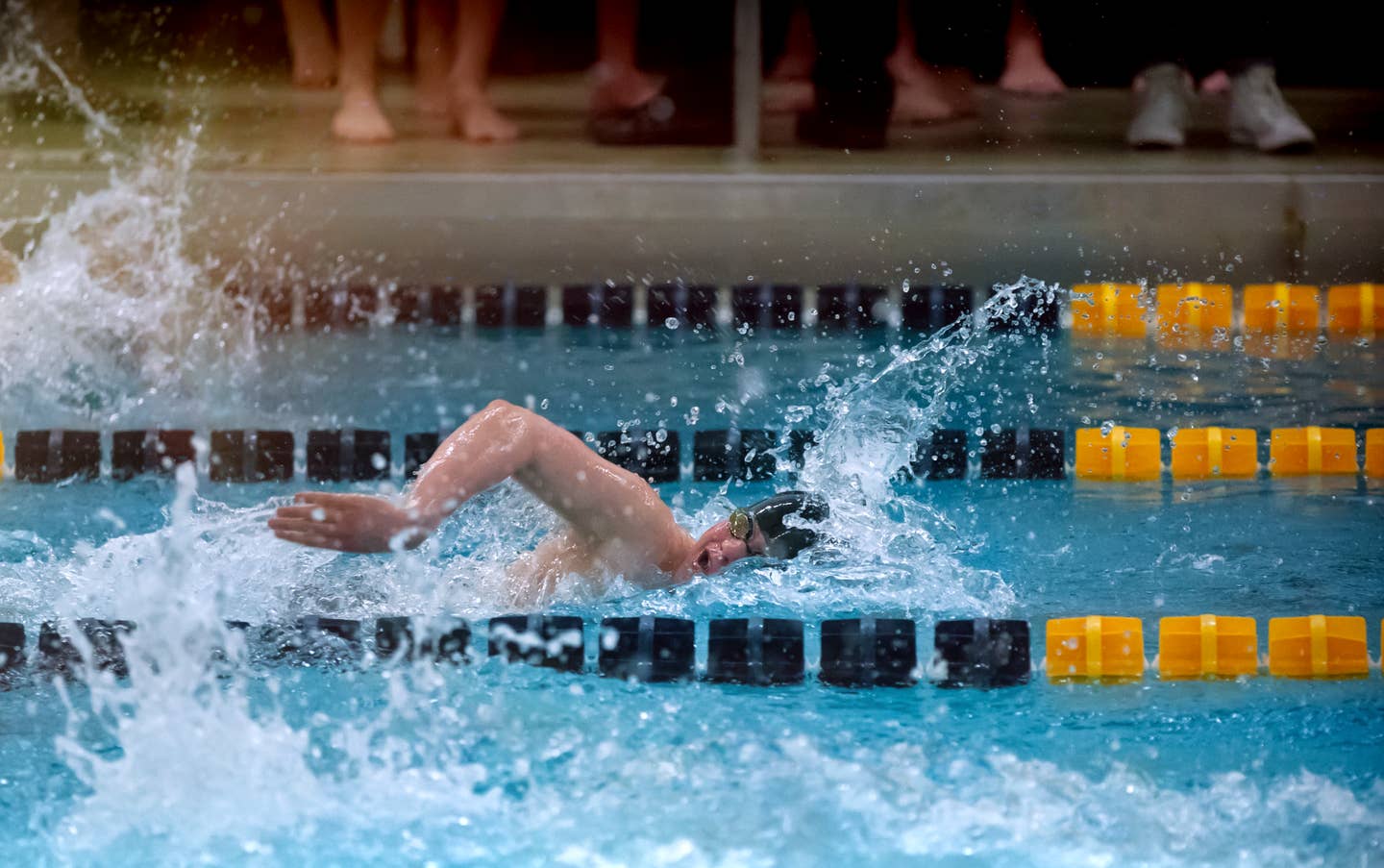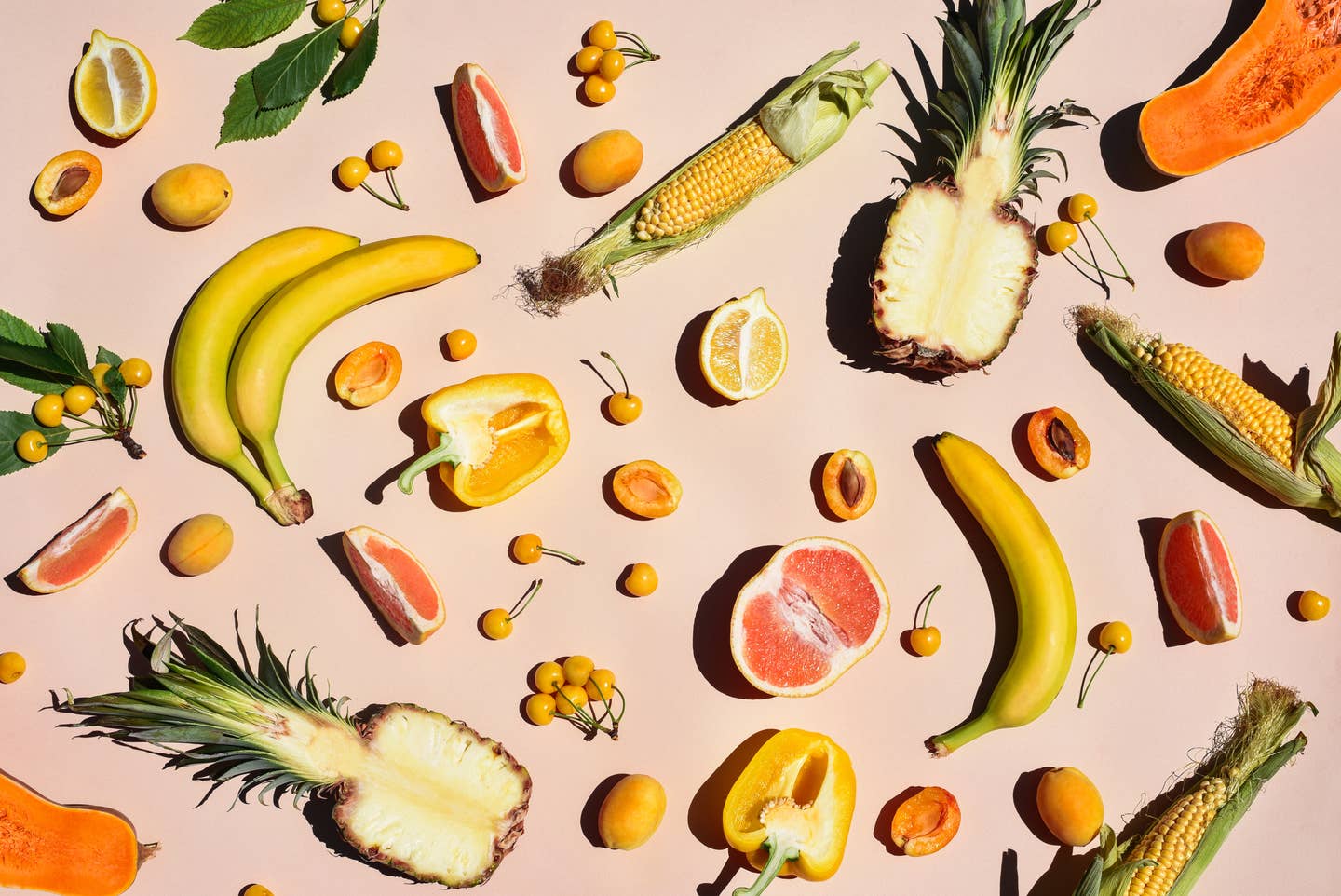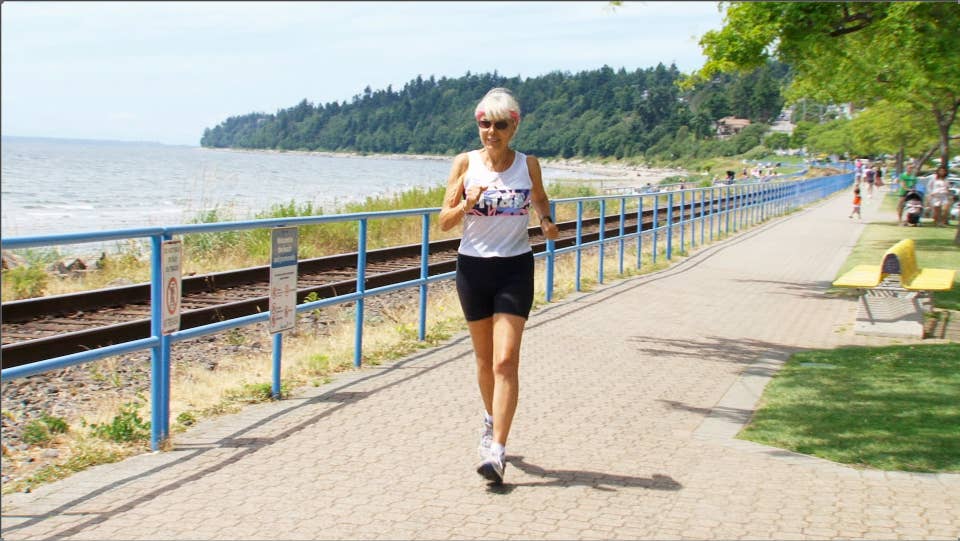
Plant-Based Parenting: How to Raise a Vegan Athlete and Ignore the Naysayers
One of my absolute favorite things to be loud and proud about is the fact that my 16-year-old son, Owen, is a plant-based athlete. He is a competitive swimmer who currently competes in mid-to-long distance events. When he first started swimming competitively, at age 9, Owen was an Ovo-Lacto pescatarian, meaning his diet consisted of eggs, dairy, and fish but no meat. For the past five years now, he has been on a strict vegan diet and competing at a high level.
I’ve heard it all from the naysayers. When he was younger, his weight would fluctuate according to his growth spurts, and he’d pack on a little extra pudge during those seasons right before he shot up. Inevitably, other swim parents would wonder (out loud... to me) if it was “the soy” that was affecting his body in this unfavorable way. I knew it wasn’t, and I knew in a few months —once he grew another inch or so vertically — he’d be back to his sleek and racy self.
Now — older and choosing to be vegan — Owen is teetering on being a little too sleek and could stand to gain some weight, so the question from parents in the stands has become “are you sure he’s getting enough protein?” which is code for “Shouldn’t he be eating meat?” My response could be (though it never is): “Yes, I’m sure, now tell me... how do you know that your swimmer is getting enough protein? Are you reading every nutritional facts label? Do you have a scale in your kitchen so you can weigh food and count up all the recommended daily allowances?”
The assumption they're making is that Owen’s veganism is a problem. But, honestly, there is no problem. He continues to get stronger, faster and has a proven record of building endurance, specializing in mid- to long-distance events. He’s able to practice just as hard as his meat-eating teammates - all of them swimming five to six days a week, two to three hours a day, year-round.
The truth is his current slim frame has nothing to do with his choice not to depend on animals for protein and everything to do with the fact that he doesn’t experience the ravenous appetite typical of most young men his age. He eats when he’s hungry, and he stops eating when he feels even a little bit full, which results in him sometimes not quite repaying his body back in calories for the amount it’s burned off in the pool.
And he’s just not willing at this point to be as conscientious about that sort of thing as, say, someone training for the Olympics might be (let’s face it, schoolwork — and Snapchatting— uses up a lot of that brainpower right now... know what I mean?). In terms of protein, he’s getting what he needs in the form of legumes, beans, grains, gluten, seeds, nuts, tofu and other soy products, green veggies, and delicious, nutritious supplemental smoothies and bars.
Fortunately, thanks to the documentary The Game Changers (now available on Netflix), I feel like these judgments of his vegan ways will soon come to an end. I’ve noticed more and more of my omnivorous friends and acquaintances -- especially the athletic ones who are swimmers, runners, cyclists, yogis, Crossfitters, and boot campers -- are getting interested in what this plant-based buzz is all about. And, going back to my original statement, I find it enormously satisfying to add to that conversation, holding up my son as a great (and also my favorite) example of someone thriving in his sport, on a totally meat-free, fish-free, egg-free, dairy-free diet!
Here’s an example of his typical pre-race and race-day menu, based on USA Swimming recommendations. Although we’re focused on the sport of swimming, these are fairly universal guidelines:
- The night prior to a swim meet, 3-4 hours before bedtime: Store energy with a balanced combination of carbohydrates, protein, and vegetables, such as Pasta with Lentils and Sautéed broccoli
- Breakfast, 2-3 hours before the first race of the meet: Supply additional energy with carbs and some protein, such as A bagel or toast with peanut butter
- Pre-meet snack, approximately 1 hour before the first race: Choice of a quick-energy carb, such as banana, applesauce, dried pineapple, crackers, pretzels
- Directly after race, and every 1-2 subsequent hours during the meet: Repair muscle and restore energy with a drinkable carb + protein choice, such as 8 oz. of chocolate soy milk
- Repeat a similar menu for the duration of a multi-day competition.
More From The Beet






